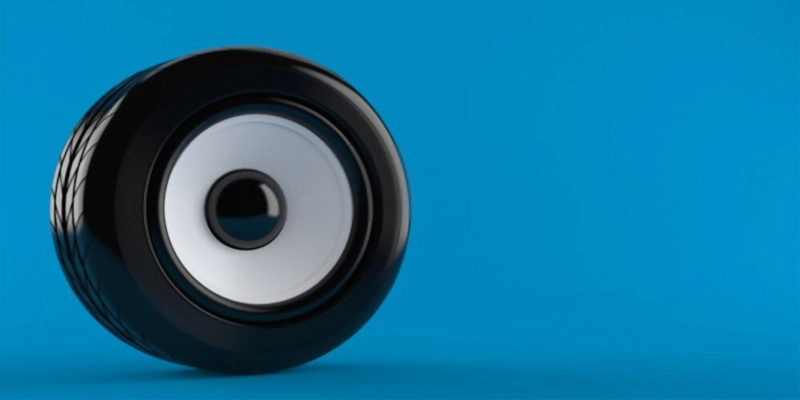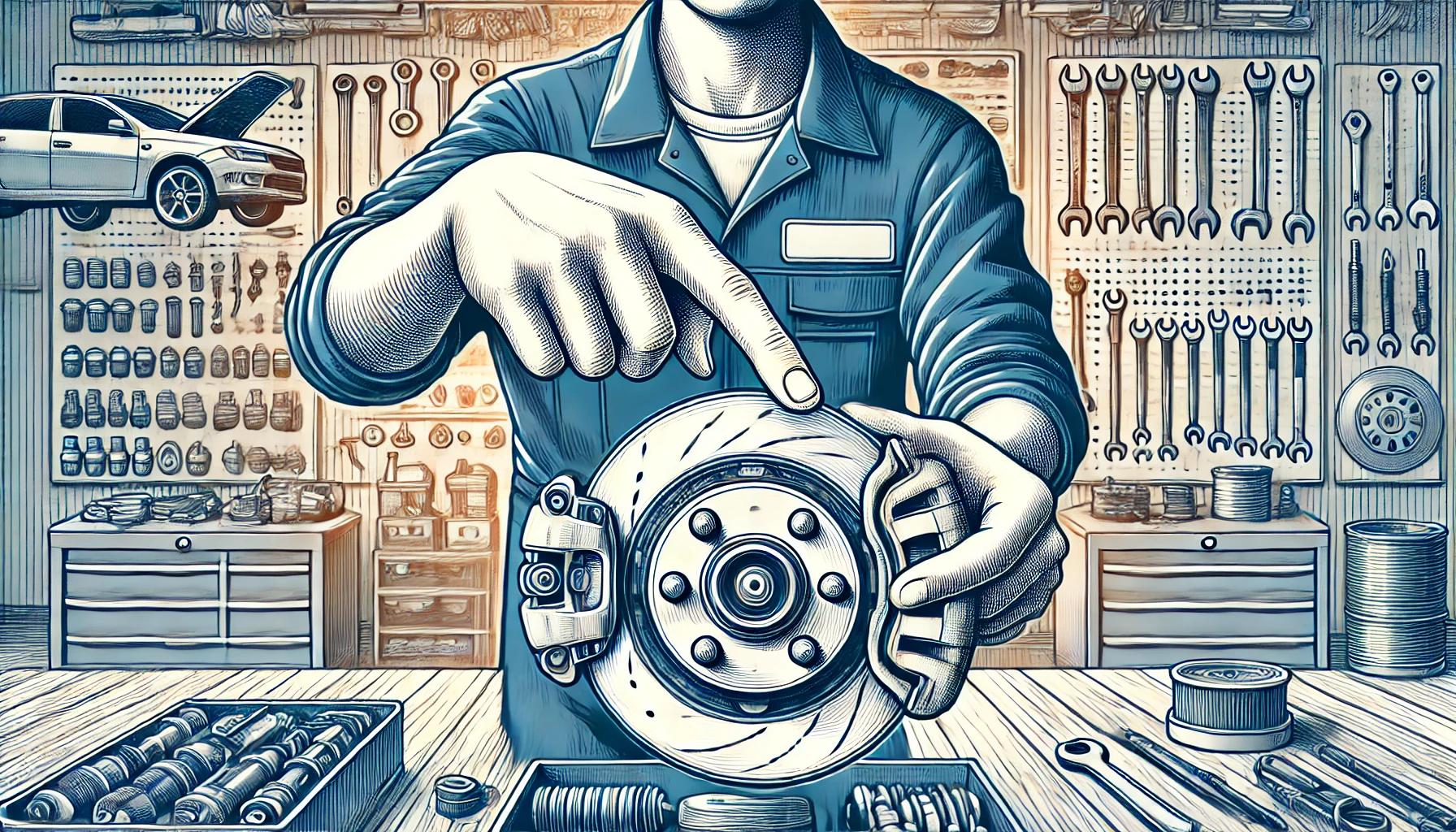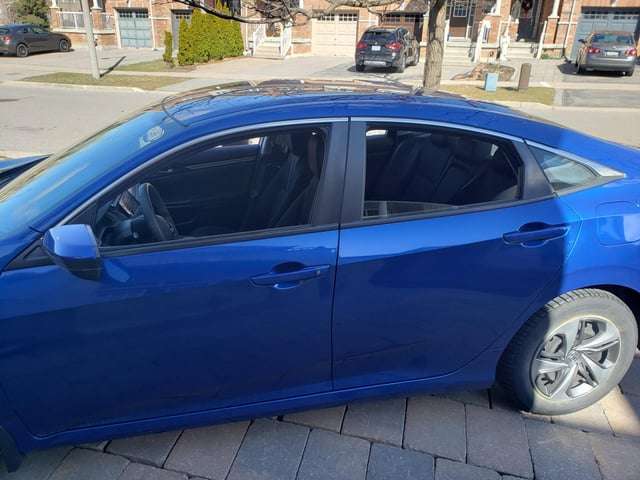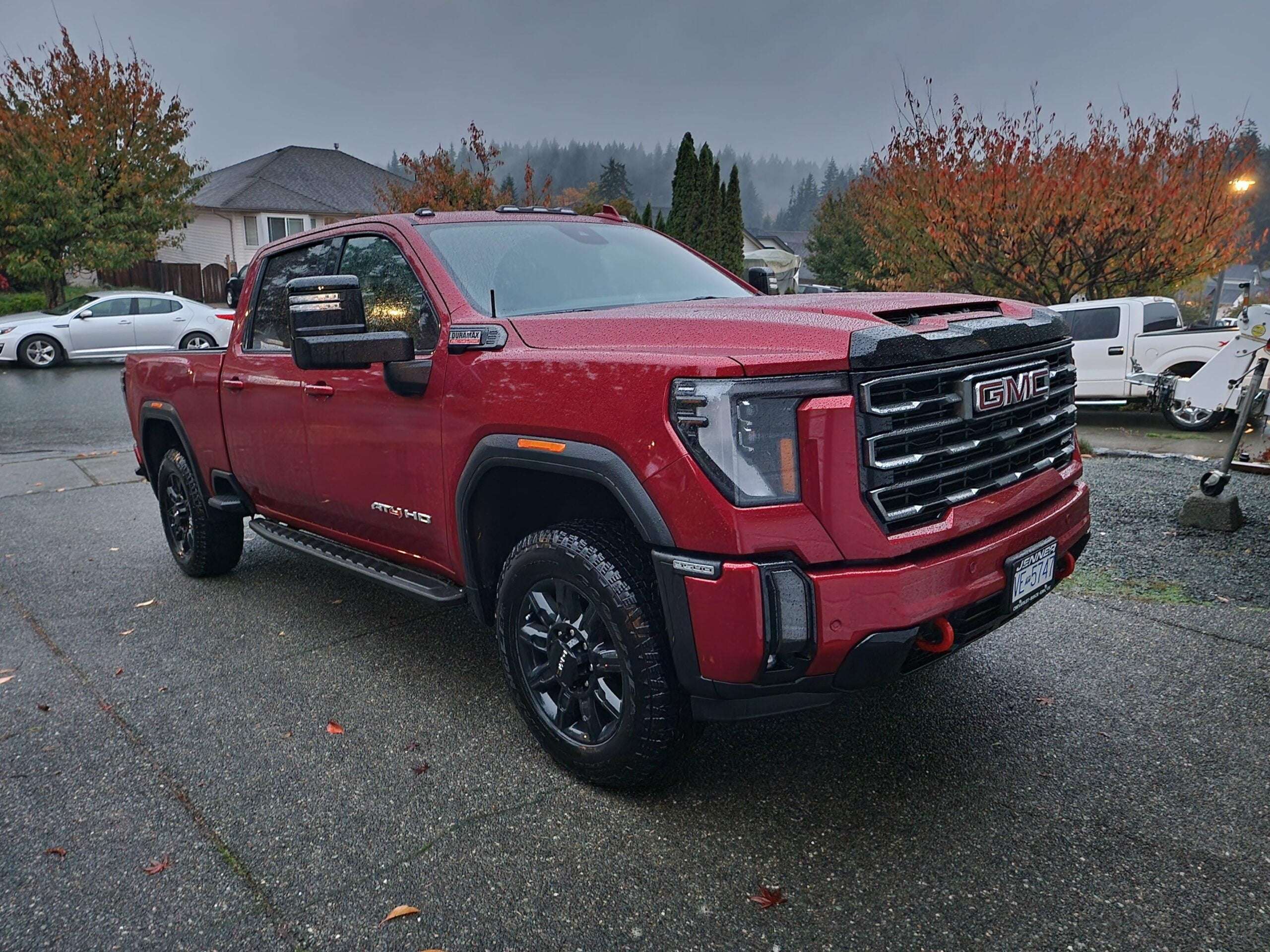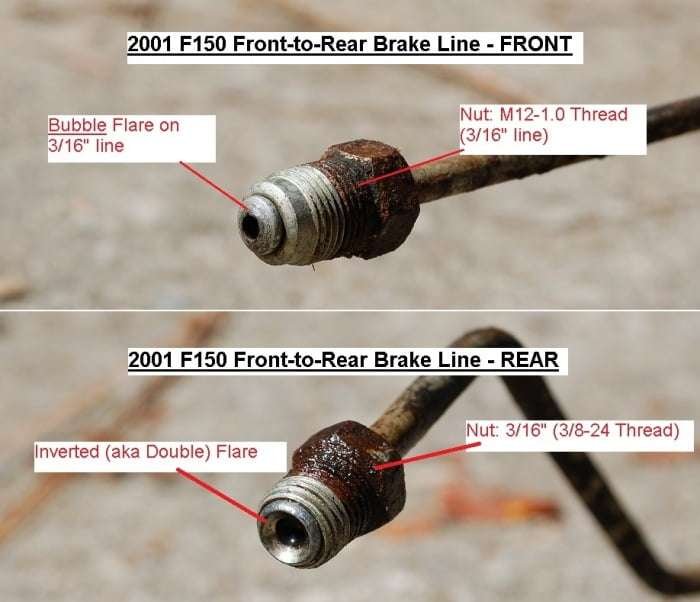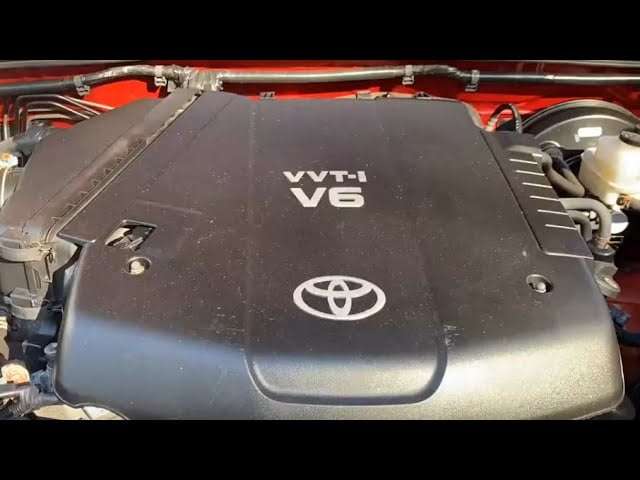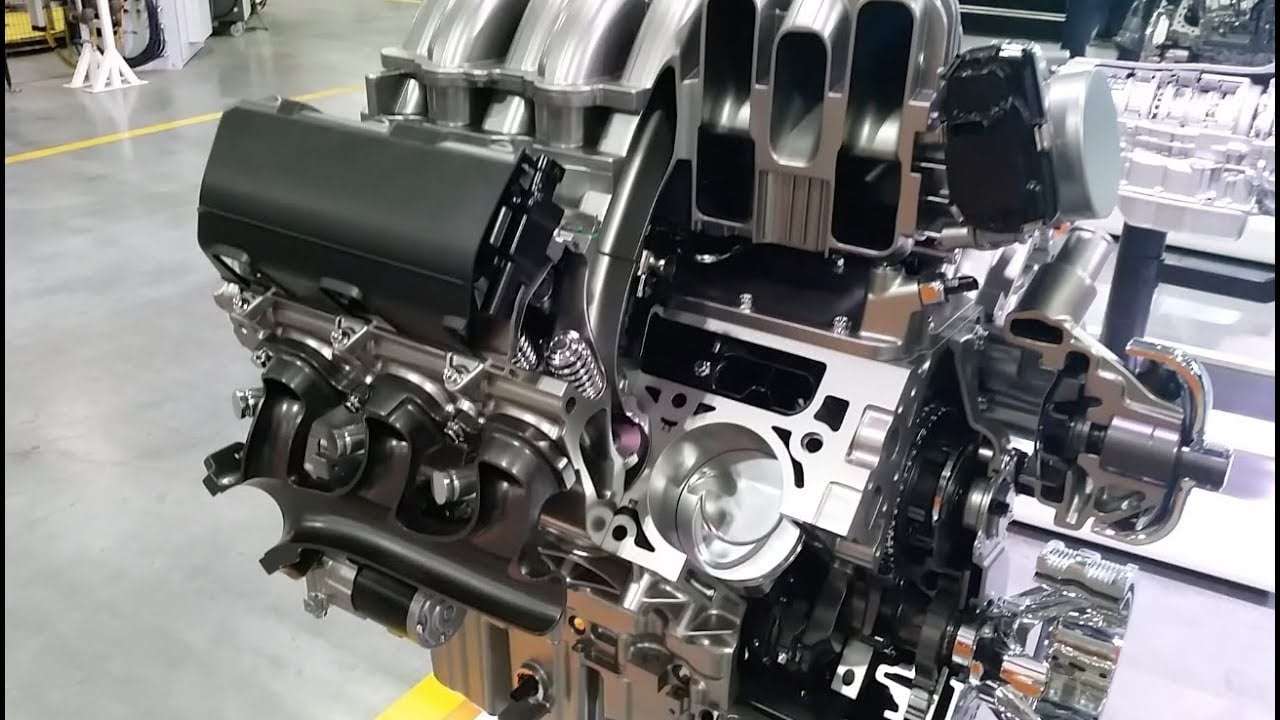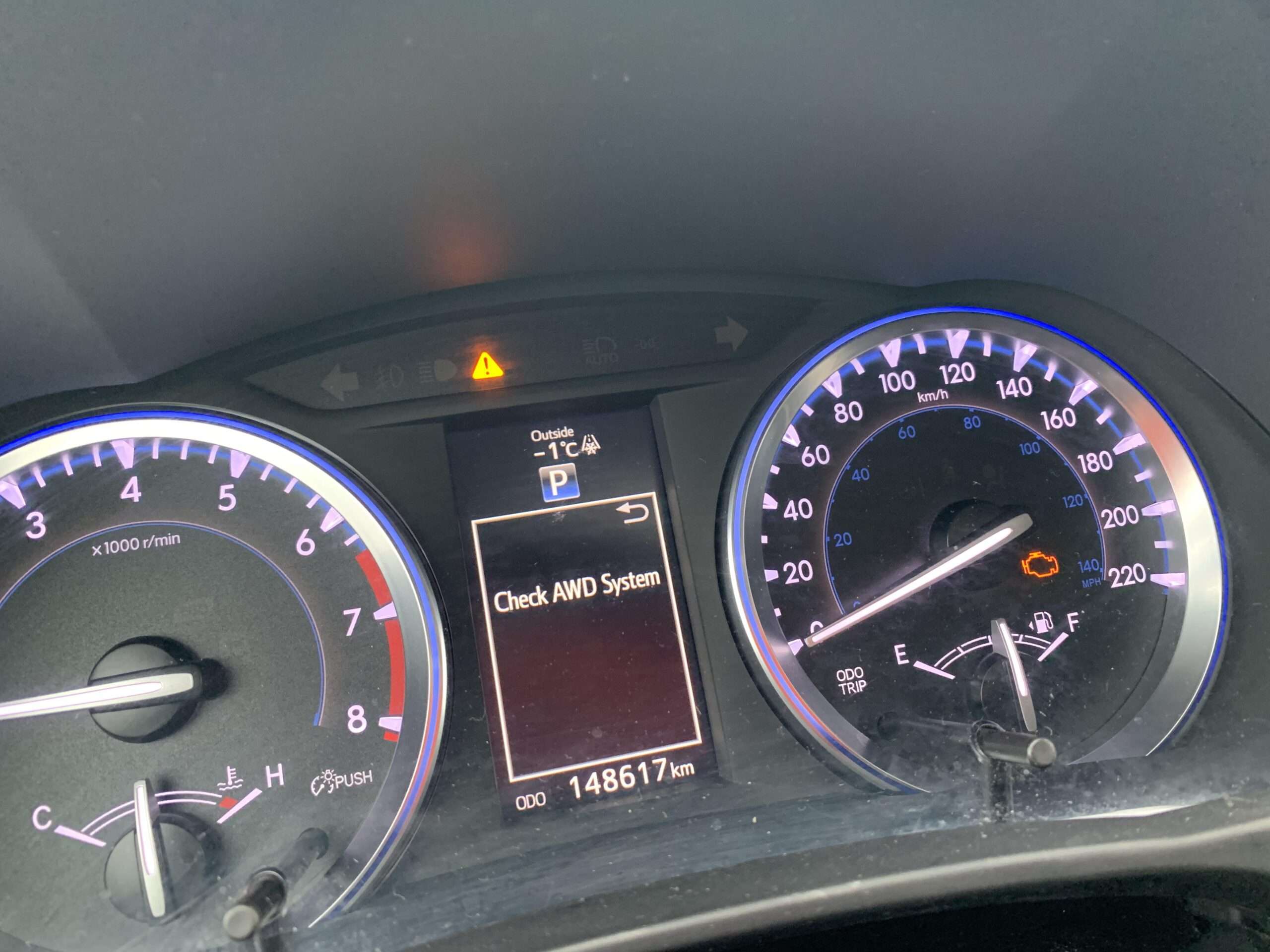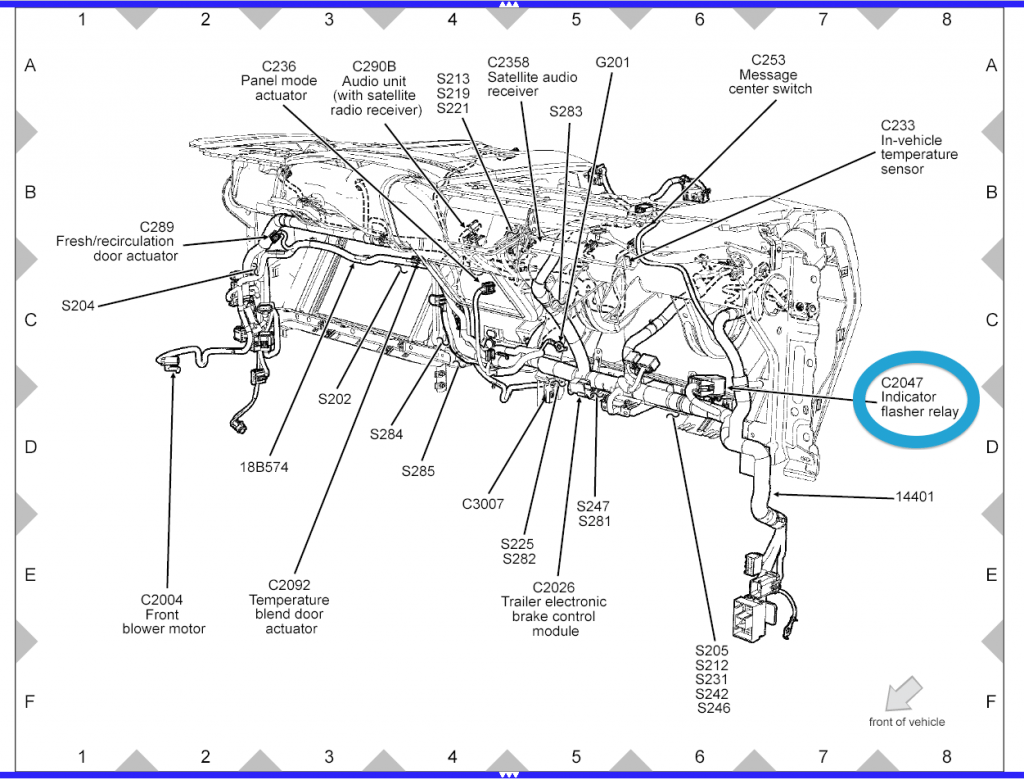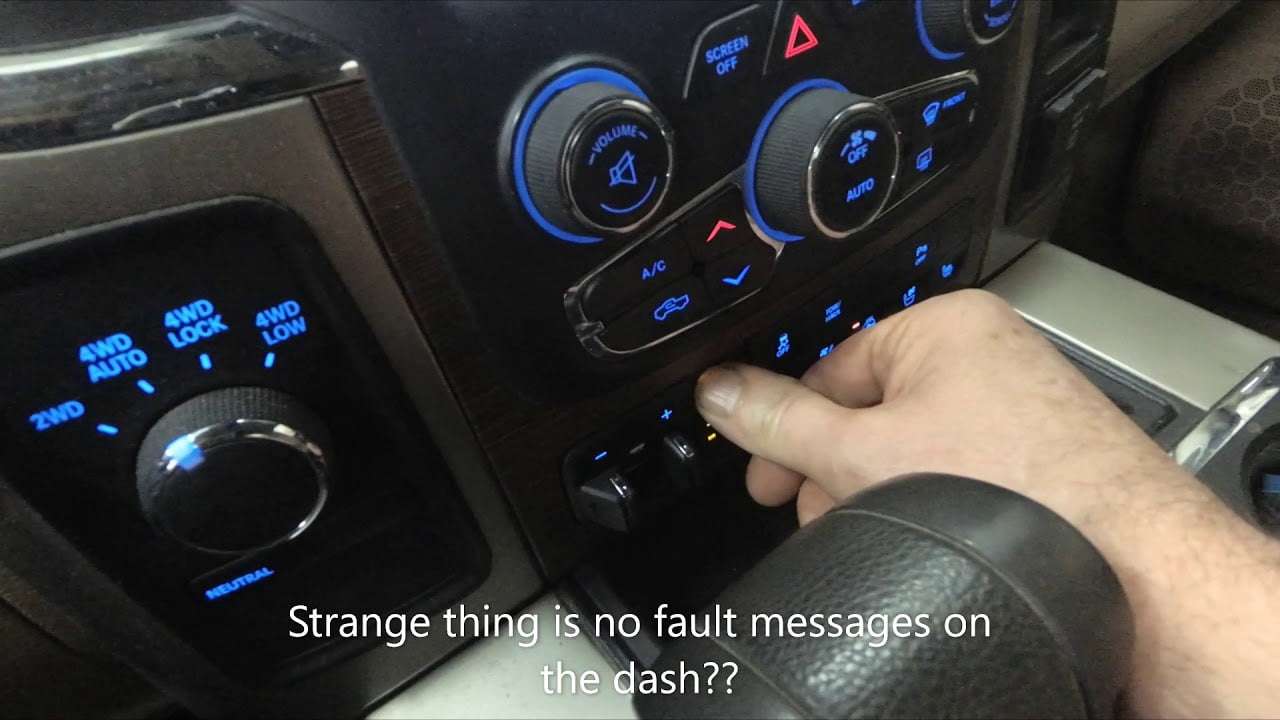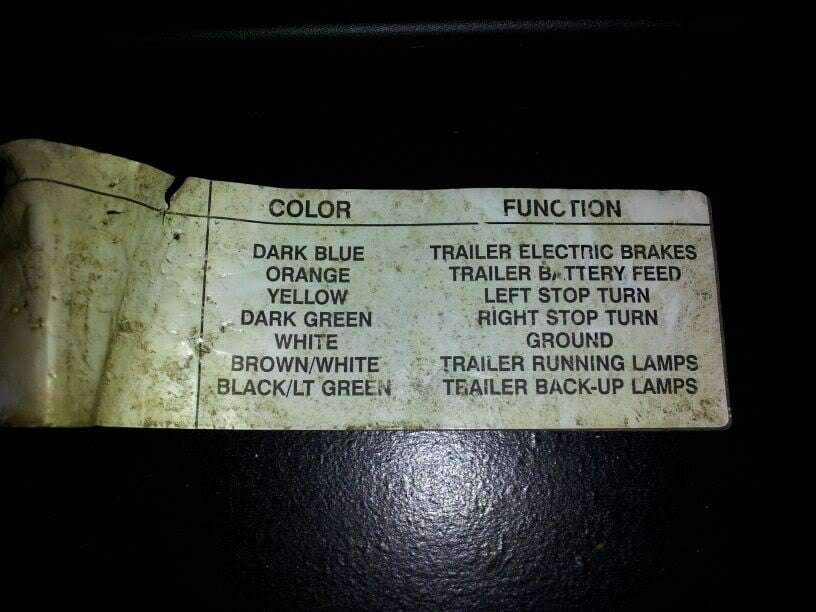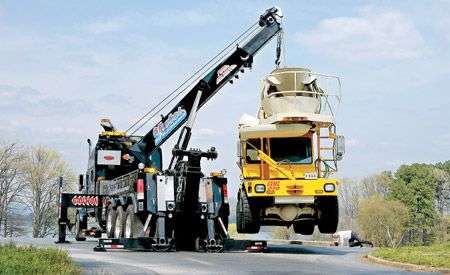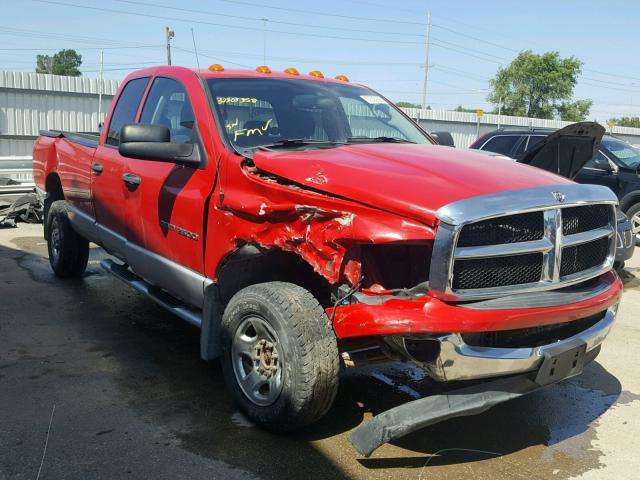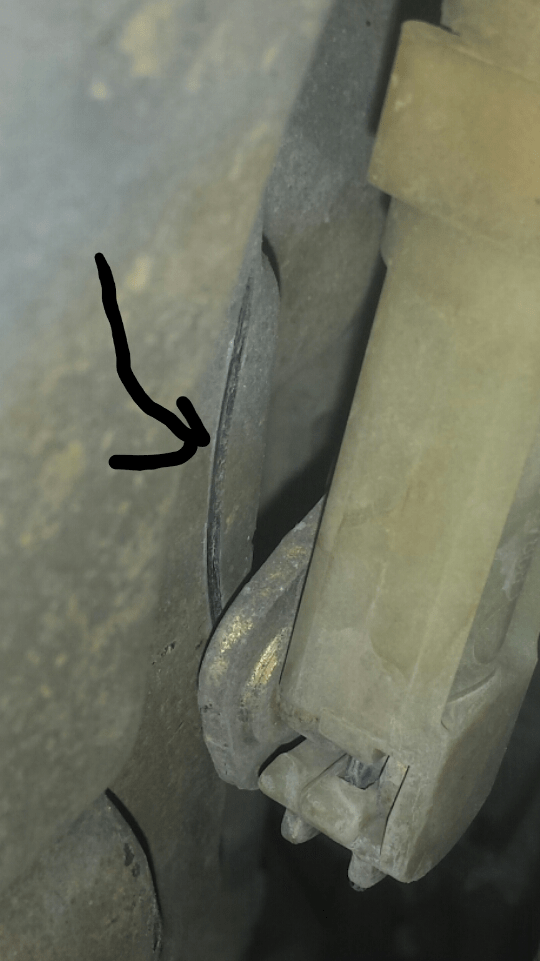Sometimes cars start making loud tire noises while driving fast. Why does this matter?
Well, last year my friend was ranting to me about this problem. The next week he was at highway speed and his car went all out of control. As a result, he ate hospital food for 2 months straight.
What’s the real story? Later we found out that his CV (Constant Velocity) joint was warning him for a long time with a loud voice. Now, what causes loud tire noises?
If your car gives out loud tire noise on the highway then there could be two main reasons for it. One is normal, and another is an abnormal reason.
Normal reasons include tire features, road conditions, and driving styles. Abnormal reasons are tire pressure difference, wheel bearing damage, worn-out CV joints, lack of tire rotation, etc.
Now let’s ‘drive’ right into car tire noise diagnosis.
Tire Features Can Cause Noise Variations
The space inside a tire is big and filled with air, just like a drum. So, a low-frequency hum is natural. But there’s a catch!
Different types of tires produce different levels of noise due to their builds. For example, Studded Winter tires are the loudest and Touring tires are the quietest by nature. Here are a couple of more examples-
- Heavy-duty tires: Designed to carry big loads. So, more noise production is inevitable.
- Traction tires: These are famous for having more space between the lugs. Eventually, that induces more off-road traction, resulting in more noise.
Solution: You don’t need one, actually. In such cases, a louder noise than usual tires is just a natural chore. Just check out the type of tires you are using. It’s preferable that you use highway tires on a highway.
Old Tires is Equal to more Noise
Age lowers down the performance of everything, including the tires of your car. Old tires can produce noise in two ways:
- Tires that are almost at the end of their tread life are likely to be louder.
- Unevenly worn tires create more noise. As the tread loses its uniform shape, its sound-muting features get distorted. Therefore, you experience a noise increase.
Solution: Get a new tire already. On average, tires last around 50,000 miles. Do a Lincoln penny tire test to know the condition of your tires. Change the tires if you want to reduce loud tire noises.
Road Condition and Driving Styles can be Noise Generators
Bad roads contribute a lot to damaged tires. You might get loud tire noise in two ways.
- Let’s say you’re sweeping down the road. Suddenly you hit a pothole or run over an obstacle. This might result in a ‘pinch shock’ and in worst cases, a part of your tire may come off. Also,
- Screws and nails are the worst enemies. These tiny objects will cause you a rapid tire deflation. As a result, you’ll start getting womp womp tire noise.
Solution:
- You don’t expect to drive quietly and roughly at the same time. So, don’t go drifting along the highway and later complain about loud tire noises.
- A bar magnet mounted to the front bumper can help you with the nail problem. It’ll pick up the nails before those start damaging your tires.
Low Tire Pressure may Cause the Noise
Low tire pressure will cause your car to be imbalanced. Which will result in uneven wearing? A consequence of such wearing can be ugly tire noises whatsoever.
That being said, you can’t always check out the tire psi amidst the journey, right? For many potential reasons, the tires can face sudden drops in pressure on the go. That will, of course, induce bad noises.
Solution: Regular maintenance chores-
- Maintain the best tire pressure(32-35 psi in cold tires) for highway driving as you’re on highway speed.
- Check tire pressure before going a full-on racing mode.
- Thump your tires as truck drivers do with a small bat or hammer. Those will make a different sound if the pressure is low. You can also check how dumpy they are.
- Look at the tread and figure out how it is wearing. Over-inflated tires tend to wear quicker in the middle, underinflated tires tend to wear quicker on the sideways.
To fix the sudden pressure drop –
- Keep a tire pressure gauge inflator in the toolbox, and re-inflate the tire to fix the pressure drop.
- In case you’ve got a sudden leak, replace it with the spare tire.
Wheel Bearing Damage or CV Joint Wearing Cause Loud Noises
Is your sound like a constant drone? If yes, then you have a damaged bearing.
Now, you might ask how to check CV Joints. The answer is simple.
Solutions: To fix the wheel bearing damage-
Step 1:
At first, place, be certain about the damage in the bearings. Drive alongside a concrete wall with your windows open.
Now, turn your steering wheel to see if there is an increase in the noise. If the sound is constant, then you have a damaged bearing wheel for sure.
Step 1: Go through the internet and find out how to grease wheel bearings on a car.
Step 2: If your tires make noises even after the greasing, then go to the mechanic and install a new set.
To fix the CV joint wearing
Step 1:
To recognize the trouble in the CV joints, follow the exact steps of recognizing a bad bearing. If the sound increases with every turning, then you have problems in the CV joint.
Step 2:
Apply the same method for the CV joints. See if it’s fixable by greasing. If not then get professional help.
Lack of Tire Rotation Can also Cause Noises
The wearing rate of tires varies on which position they’re installed into the car. An absence of regular tire rotation can make the situation even worse. The tire noise we’re worried about can also be sourced from this uneven rate of wearing.
Wondering about the reason behind it?
Well, passenger cars have their engines in the front. So, the front tires get a bit more worn out with time than the back ones. Moreover, in the USA, the front-left tires see more surface due to the right-hand side traffic.
Solution: Rotate your tires every 5000-8000 miles. Now, what is a tire rotation?
Tire rotation means switching the positions of tires along with the rims among themselves. It can be alternating the front tires with the rear tires and vice versa. This way your tires will get the heaviest loads of the car in turns.
Worn Suspension Bushes Create High Volume Noise
How to tell if suspension bushes are worn?
Go through the following steps.
Step 1: Start driving over gravelly roads.
Step 2: See if your car is trembling along the front portion.
Step 3: Check whether your car makes clunking sounds while making sharp turns.
Step 4: Keep an ear out to check if this clunking noise happens while hitting the brakes.
If you hear loud noises in steps 2,3,4 or any one of those, then your suspension bushes are wearing out.
Solution: It is best if you change your suspension bushes in this situation.
Don’t be Lazy!
If your car starts to make noises, then you should not ignore it. Don’t be lazy like my friend and end up in the hospital. Just go to the nearest garage as soon as possible and fix your car. Thrilling adventures can wait a bit. Good luck with your speeding adventure.
Conclusion
Loud tire noise at highway speeds is one of the most common sources of vehicle annoyance, which can lead to reduced driver performance and increased risk on the road.
However, this issue does not have a single solution because it has many possible causes. Let’s take a look at some different ways you may be able to reduce or eliminate your car tires from making too much noise while driving down the freeway!
Hopefully, with any one of these methods, you will find an easy fix for your loud tire problem and get back to enjoying your drive without distraction.
